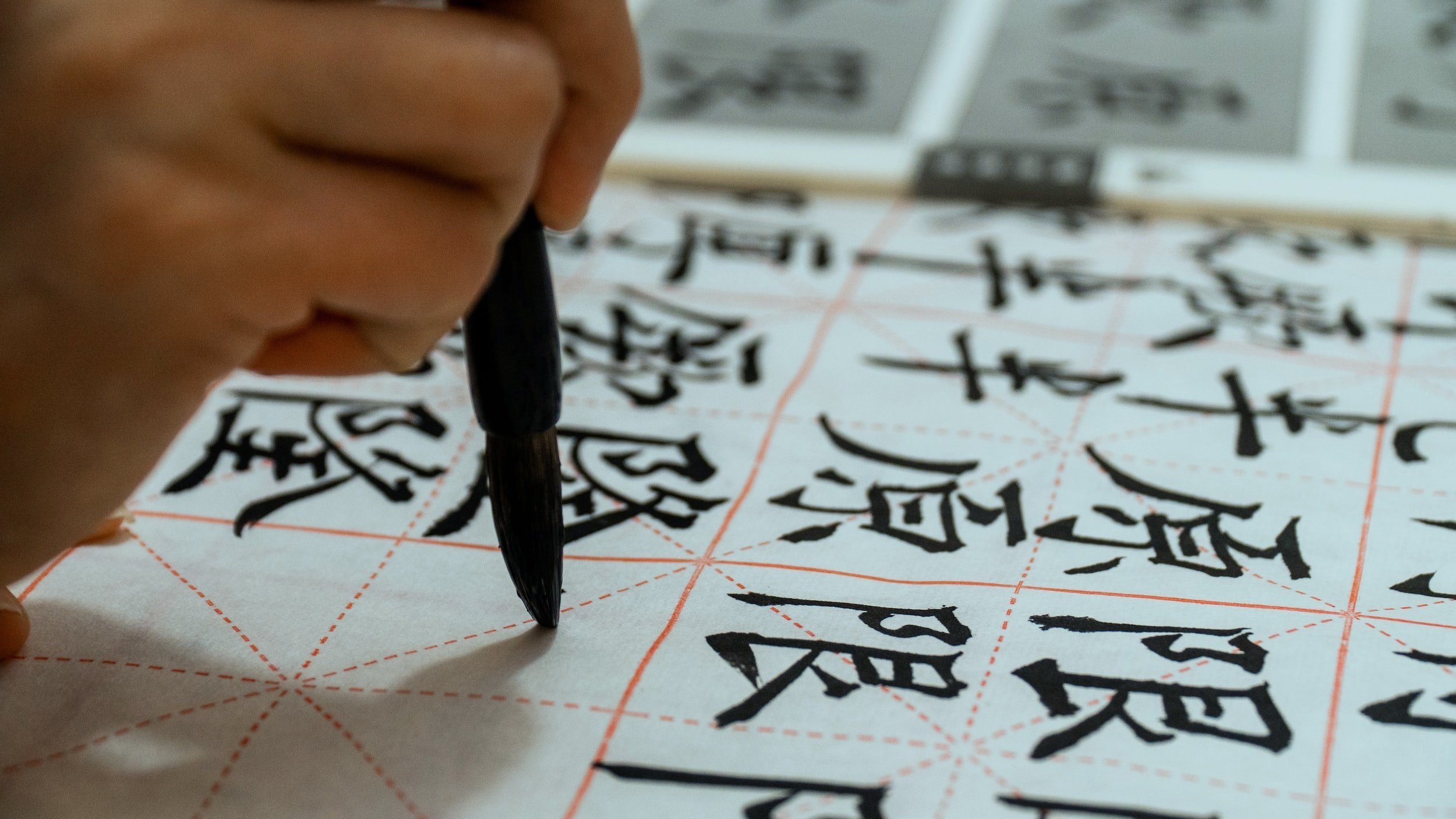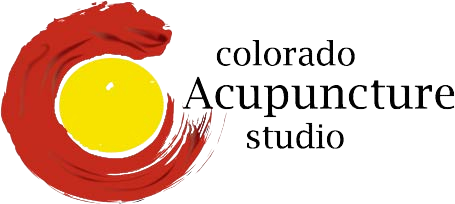
Conditions We Treat

-

Athletic Performance
At Colorado Acupuncture Studio, we offer physical performance services to help enhance your athletic needs to keep you moving & pain free.
-

Fertility Support & Women's Health
Acupuncture proponents recommend it for a variety of medical conditions that affect both women’s health & fertility. These include polycystic ovary syndrome (PCOS), uterine fibroids, and issues with ovarian reserve, to name a few.
-

Stress reduction and relaxation
This ancient practice has been used for centuries to help reduce anxiety, depression, insomnia, and much more. Acupuncture reduces stress levels and promote relaxation.
-

Physical Pain
Modern research has shown that Acupuncture may be helpful for several pain conditions, including back or neck pain, knee pain associated with osteoarthritis, and postoperative pain.
-

Digestive Disorders
Our digestive system plays a key role in our physiological well-being. Ancient traditions all around the world have long recognized this fact, and this is especially the case in Traditional Chinese Medicine, which treats the governance of digestion as a primary concern.
-

General Health
Health. Longevity. Balance. These are the guiding principles and cornerstone of every successful medical practice. Learn how preventative care is essential to a happy, fulfilling life.

The TCM Approach
Traditional Chinese medicine works in various of ways to improve our health
A Holistic Approach
For more than 2900 years, Traditional Chinese Medicine (TCM) has evolved into an ancient set of practices from East Asia to diagnose and cure illness. The TCM approach to healthcare is holistic, looking for the underlying causes and imbalances behind disease, which differs fundamentally from a conventional Western medicine approach. TCM practitioners will look at the whole individual (gestalt) , instead of just focusing on the disease and it’s related symptoms.
In TCM, the evaluation of a patterns include the confrontation between a pathogenic factors (things that cause disease) and our body’s inherent resistance. Practitioners recommend specific therapies based on a differential diagnosis, honing in on the specific cause of a disease and the disharmony it creates in one’s interior body. Treatment is not only focused on alleviating symptoms, but on the rectifying the source that led to the exposure. Therefore, patients with an identical set of symptoms may in fact be treated in different ways and, on the other hand, different diseases may result in the same syndrome and may be treated in similar ways. Thus, pattern discrimination is the most important aspect of TCM diagnostics and is difficult to master.
Diagnostics: Ausiculation, Olfaction, Pulse and Palpation
In order to differentiate between patterns, TCM practitioners rely on several diagnostic methods, including:
Palpation of the wrist pulses. This is very different from taking the pulse rate. There are many qualities in a pulse that can indicate disease, more than 26.
Palpation of the abdomen
Palpation of the muscles, tendons
Inspection of the face
Mapping out the Tongue and it’s different qualities
Listening for particular sounds, such as coughing, wheezing, pitch and tone of the voice.
Smell of body odor
Inquiry about individual functions with the patient, like bowel habits and urination
Pulse taking is the most important diagnostic skill. Through diligent papation, an experienced Doctor can accurately diagnose almost any medical problem. Eastern trained physicians feel for six pulses in each wrist: three superficial and three deep at specific points along the artery. The pulse is examined for several characteristics including rhythm, rate, quality, strength and volume. The quality of each pulse reveals underlying imbalances in specific internal organs and in turn, the body as a whole.
Therapies
As a holistic health care system, TCM emphasized the practice of proper diet and nutrition, exercise and spirituality along with more specialized techniques. TCM practitioners use a wide range of therapies, including Chinese herbal medicine, Acupuncture, moxibustion , gua sha , cupping & Tui Na (Sports massage).
It is important to remember, TCM should not be used to compete with efficacious treatment modalities that are already available in conventional Western medicine. Exploration of its clinical applications should focus on conditions for which conventional medicine can find no satisfactory remedy or conventional treatment has been unable to manage stubborn symptoms.
